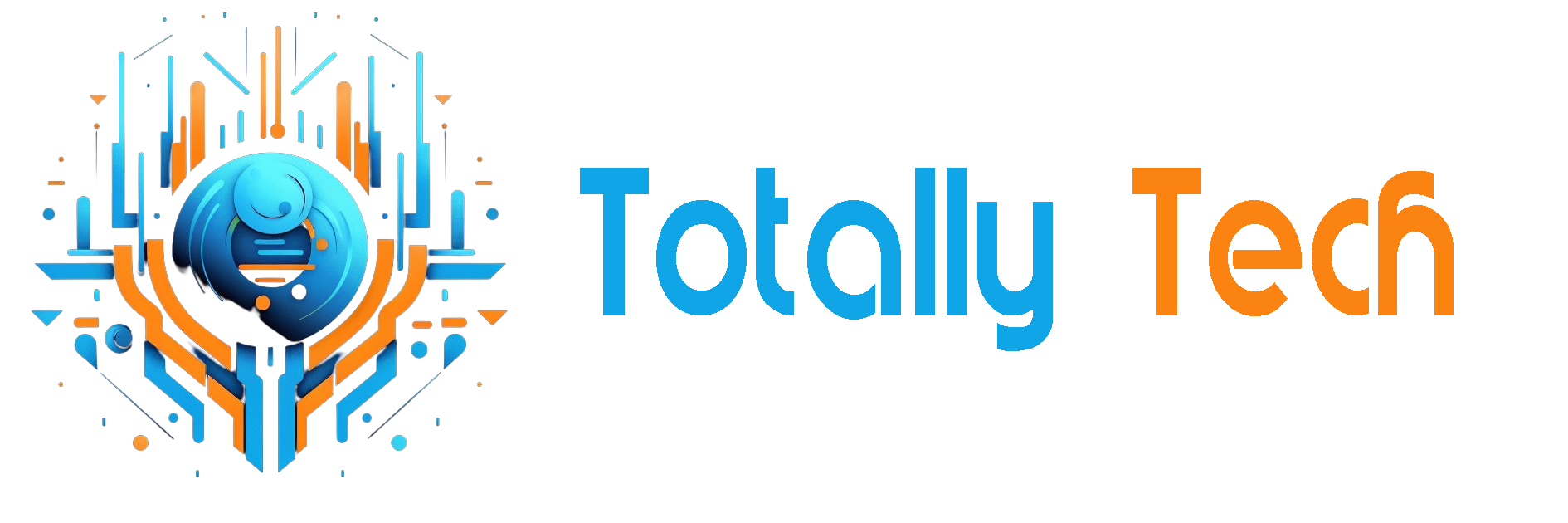
Digitate CEO Akhilesh Tripathi joined the company in 2015 to launch its flagship product, ignio™. Under his leadership, ignio became one of the fastest-growing enterprise applications, with a global customer base spanning many industries and Fortune 500 companies. Previously, Akhilesh served as the head of Canada for TCS (Tata Consultancy Service), where he grew the entity from a small, relatively unknown firm to a perennial top 10 service provider. His 25-year career with TCS has also included serving as Head of Enterprise Solutions and Technology Practices for TCS in North America.
Digitate uses machine learning and artificial intelligence (AI) to manage IT and business operations. Its product, ignio™, is a cognitive automation solution designed to help IT teams identify and address outages quickly. Ignio includes pre-built knowledge aimed at enabling faster adoption of AI compared to other solutions. It connects various business applications, processes, and infrastructure to support decision-making and perform actions autonomously.
What was your vision for Digitate when you first joined in 2015, and how has that vision evolved over time?
When I first joined Digitate in 2015, my vision was to push forward a new way of thinking that shifts enterprises from a people-first model to a technology-first approach. By leveraging AI and automation, we would allow machines to become the initial handlers of tasks while humans became the handles of exceptions. Over time, this vision has evolved to encompass a broader goal: helping enterprises achieve what we call the “autonomous enterprise” journey. This involves leveraging unified observability, AI-driven insights, and closed-loop automation to ensure that our customers can manage their increasingly complex IT environments with minimal human intervention. Today, Digitate is all about empowering enterprises to not just react to problems but to proactively prevent them, ensuring operational resilience and continuous value creation.
How do you foresee the future of AI-driven enterprise solutions, particularly in the context of automation and autonomous operations?
The future of AI-driven enterprise solutions is incredibly promising. We’re on the brink of a transformative shift where AI doesn’t just assist with tasks but fundamentally changes how enterprises operate at a core level. We’re already seeing AI-driven solutions becoming even more integrated into every facet of business operations. The goal is for enterprises to use AI and automation not just for automating routine tasks, but for making real-time decisions, optimizing operations across diverse environments, and predicting and preventing issues before they arise.
This shift towards autonomy is particularly exciting. As AI continues to evolve, we’ll see more systems that can self-manage, self-heal, and even self-optimize without the need for constant human intervention. This is already at play in our closed-loop model, allowing teams to focus on more strategic tasks rather than being bogged down.
What are the key challenges you’ve faced in scaling Digitate globally, and how did you overcome them?
Digitate is pioneering a new category, and as we scale globally, it’s important to build interest in our vision of the autonomous enterprise and communicate the value we offer. Many people still think that data silos and automation are the status quo, but we believe they don’t have to be. To tackle this, I’ve instructed my team to focus on what I call the 3Es: excite, educate, and execute.
Education is crucial because we need businesses to be open to taking risks, and this often requires a leadership mindset that embraces new technology and innovative perspectives. After we have educated and inspired our audience, we must follow through during the implementation phase. It is essential that we keep our promises – our goal is to deliver on what we commit to.
What inspired the development of Digitate’s flagship product, ignio™, and what sets it apart in the market?
ignio™ was developed with a vision to revolutionize how businesses approach IT operations by embedding intelligence and automation at its core. The inspiration came from our deep understanding of the pain points that IT teams face daily: lengthy resolution times, fragmented visibility across systems, and the sheer volume of alerts that overwhelm human operators. We wanted to create a solution that could not only detect and resolve issues faster but also predict and prevent them from occurring in the first place. This led to the concept of an autonomous enterprise, where ignio™ acts as the digital brain, continuously learning from the environment, correlating data, and taking automated actions to ensure smooth, uninterrupted operations.
What sets ignio™ apart in the market is its ability to combine unified observability, AI-driven insights, and closed-loop automation into a single platform. Unlike other solutions that focus on individual aspects of IT management, ignio™ offers an integrated approach that addresses the entire lifecycle of IT operations.
Can you share how Digitate is leveraging AI to enhance predictive analytics and proactive problem management in IT operations?
As the buzz around GenAI continues to captivate the tech industry, it’s easy for enterprises to get swept up in the excitement and rush into implementation. However, in this enthusiasm, there is a real risk of overlooking foundational principles and best practices, which can lead to significant challenges down the road.
To navigate this, we emphasize the importance of data readiness and governance. We know that AI, no matter how sophisticated, is only as good as the data it operates on. Our ignio™ platform, for example, leverages AI to enhance predictive analytics and proactive problem management in IT operations. However, these capabilities are only fully realized when they are supported by high-quality data and robust methodologies. This strategic focus allows us to harness the power of AI effectively, driving true digital transformation while minimizing risks associated with the hype cycle.
How does Digitate ensure that ignio™ stays ahead of the curve in a rapidly evolving tech landscape?
At Digitate, we ensure that ignio™ remains at the forefront of the rapidly evolving tech landscape by continuously innovating and refining our platform to meet the dynamic needs of modern enterprises. We do this by leveraging a combination of advanced AI, machine learning, and a closed-loop automation approach to keep our systems ahead of the curve.
Our ignio™ AIOps platform is designed to tackle a wide range of problems enterprises face in IT and business operations across industries. “We use AI and automation to predict and solve issues before they impact key business KPIs, such as revenue assurance and customer satisfaction. Our proactive approach transforms IT from reactive to predictive, creating an environment where AI and ML systems solve errors automatically in real time, eliminating the need for tickets. With GenAI, we accelerate innovation and reduce manual effort in finding and solving issues, leading to faster time to value.”
In your opinion, what role will AI and automation play in shaping the future of digital operations across industries?
As we look towards the future of AI, we’re entering an era where human-AI collaboration is set to become more seamless and intuitive. The advancements in AI capabilities are leading us towards a new paradigm of augmented intelligence, where AI doesn’t just automate tasks but works alongside humans, enhancing our abilities through continuous learning and real-time insights. We’re particularly focused on how AI can mimic and adapt to human behaviors, making interactions more natural and conversational. This shift is crucial as it allows AI to fit more organically into daily workflows, whether it is through decision-making processes, predictive analytics, or even customer interactions.
However, with these advancements come significant challenges. For one, the opacity of AI systems, often referred to as “black boxes,” makes debugging and maintenance more complex than traditional software. This requires us to develop new skills and processes to ensure that AI systems are reliable and trustworthy. Change management is another critical area. As AI becomes more embedded in our operations, there is a natural resistance that can emerge, both from individuals accustomed to traditional workflows and from regulatory bodies concerned about the implications on employment and job roles. Addressing these concerns requires a thoughtful approach that balances innovation with empathy and strategic foresight. Cybersecurity and privacy risks are also escalating as AI systems become more pervasive. The more we rely on AI, the more attractive these systems become to malicious actors, including potential state-sponsored threats.
Despite these challenges, the potential for growth and innovation in AI-driven collaboration is immense. The market is ripe with opportunities, and businesses that invest in integrating AI with a focus on transparency, augmented intelligence, and seamless human interaction will be well-positioned to lead in this evolving landscape. At Digitate, we’re excited about the role our technology will play in shaping this future, driving both operational efficiency and transformative business outcomes.
How is Digitate addressing the growing demand for AI-driven solutions in sectors like retail, manufacturing, and financial services?
Digitate is addressing the growing demand for AI-driven solutions by developing industry-specific offerings that meet the unique needs of sectors like retail, manufacturing, and financial services. In retail, for example, ignio™ helps optimize supply chain operations and enhance customer experiences by predicting and preventing disruptions. In manufacturing, we enable smarter production processes through predictive maintenance and automated quality control. In financial services, our AI-driven insights support fraud detection, compliance, and risk management. By tailoring our solutions to the specific challenges of each industry, we help our customers drive innovation and maintain a competitive edge.
What are the most significant industry trends you’re seeing right now, and how is Digitate adapting to them?
One of the most significant trends we’re observing in the AI industry is the rapid advancement of Large Language Models (LLMs), particularly their evolving specialization and multimodal capabilities. These models are not just becoming more powerful in a general sense. They’re also increasingly tailored to specific industries and tasks, which opens up new possibilities for AI-driven solutions across various domains.
We’re closely following these developments, particularly the trend towards domain and industry specialization in LLMs. As companies look to maintain their competitive edge, they’re investing in LLMs that can understand and operate within the specific contexts of their industries. This means that LLMs are being customized to handle industry-specific jargon, concepts, and challenges with a level of precision that was previously unattainable. We see this as a crucial area for us to integrate into our own offerings, especially as we aim to provide more targeted, actionable insights for our clients across different sectors.
Commonsense reasoning and factual grounding are also critical areas where LLMs are making strides. As these models become better at understanding real-world contexts and maintaining factual accuracy, the reliability and usefulness of AI in enterprise settings will grow exponentially.
With over 20 years in the IT industry, what key leadership lessons have you learned, particularly in leading innovative tech companies?
In my 20 years in the IT industry, I’ve learned that having a clear purpose and a sense of curiosity is crucial for leading innovative tech companies. A strong purpose drives passion, creating an ongoing cycle of innovation. When innovation is fueled by a compelling purpose, it has greater staying power, enabling companies to overcome challenges and stay competitive in the long run. It’s important to note that each person’s purpose may differ, and as a leader, it’s vital to align an individual’s purpose with the overall organizational goals to maximize their potential.
Curiosity is equally important. The drive to learn, explore new ideas, and create something new is what pushes a company forward. The real magic happens when purpose and curiosity come together. This is where innovation and creativity thrive, allowing us to make breakthroughs and lead in the industry.
Thank you for the great interview, readers who wish to learn more should visit Digitate.
The post Akhilesh Tripathi, CEO of Digitate – Interview Series appeared first on Unite.AI.


